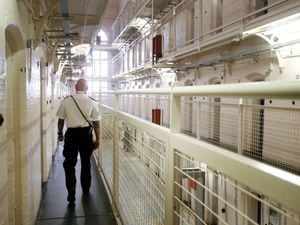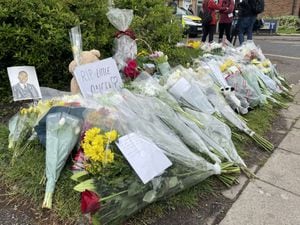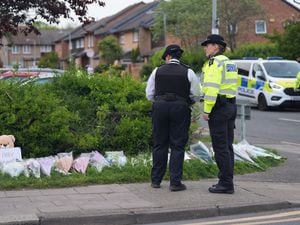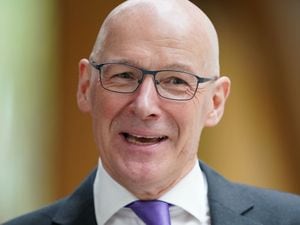Prayer ban head criticises Braverman for using school as ‘political football’
The Conservative MP co-founded the school alongside current headteacher Katherine Birbalsingh.
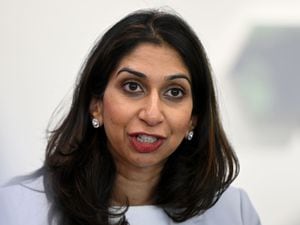
A headteacher who won a High Court case over a ban on prayer rituals has criticised Suella Braverman for using her school as a “political football”.
The former home secretary was vocal in her support for Michaela Community School in Brent, north London, after the school defeated legal action from a pupil who claimed its policy was discriminatory and unlawfully breached her right to religious freedom.
The Conservative MP co-founded the school alongside current headteacher Katherine Birbalsingh and served as the chairwoman of the board of governors until 2018.
On Thursday, Ms Braverman praised Ms Birbalsingh and claimed Michaela, which she described as “one of the best schools in the country”, would “not have existed without the Conservatives’ Free School policy”.
But posting on X on Friday, Ms Birbalsingh accused Ms Braverman of using the school to “enhance her political career”, while also appearing to criticise the BBC’s coverage of the case.

She posted on X: “I really am not happy with Suella Braverman using our school as a political football to enhance her political career.
“It is as unacceptable as the BBC doing their best to smear us.
“Everyone seems to have an agenda
“Both Braverman and the BBC can take a hike.”
Ms Braverman did not immediately respond for comment.
At a hearing in January, the High Court was told that Ms Birbalsingh, a former government social mobility tsar, introduced the ban on prayer rituals on the premises in March last year, with it being backed by the governing body in May.
The student’s lawyers argued the policy “uniquely” affected her faith due to its ritualised nature.
The pupil alleged the school’s stance on prayer, one of the five pillars of Islam, was “the kind of discrimination which makes religious minorities feel alienated from society”.
Her legal team said she was making a “modest” request to be allowed to pray for around five minutes at lunch time, on dates when faith rules required it, but not during lessons.
The school argued its policy was justified as it risked “undermining inclusion and social cohesion” between pupils, would again expose it to “an unacceptable risk of threats” and that it avoided “logistical disruption”.
In a judgment on Tuesday, a judge concluded the ban did not interfere with the student’s rights and was “proportionate” amid the school’s aim to promote an ethos of inclusivity and social cohesion.

